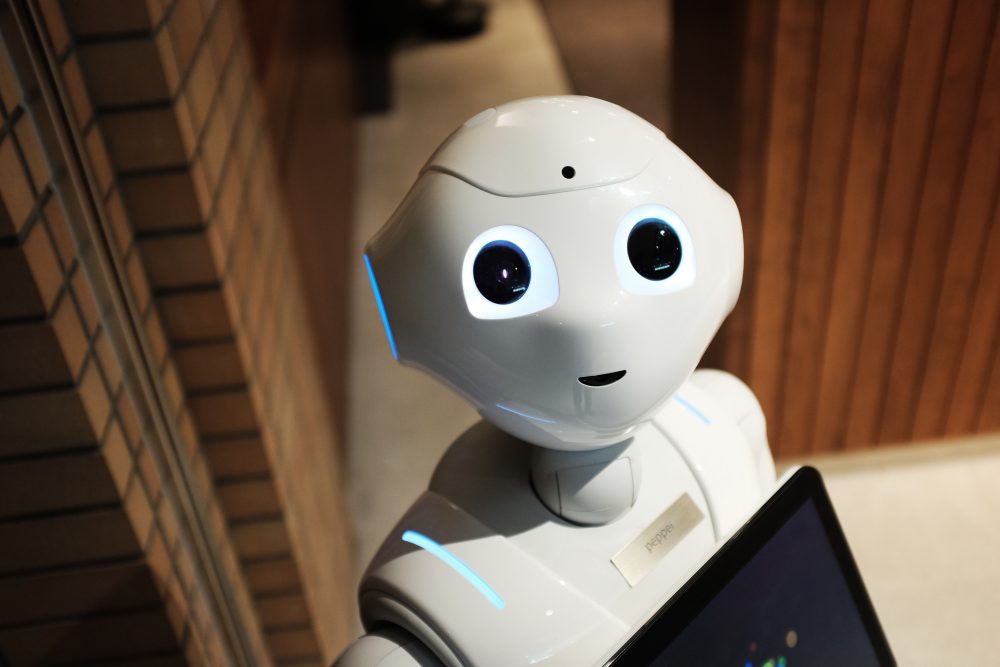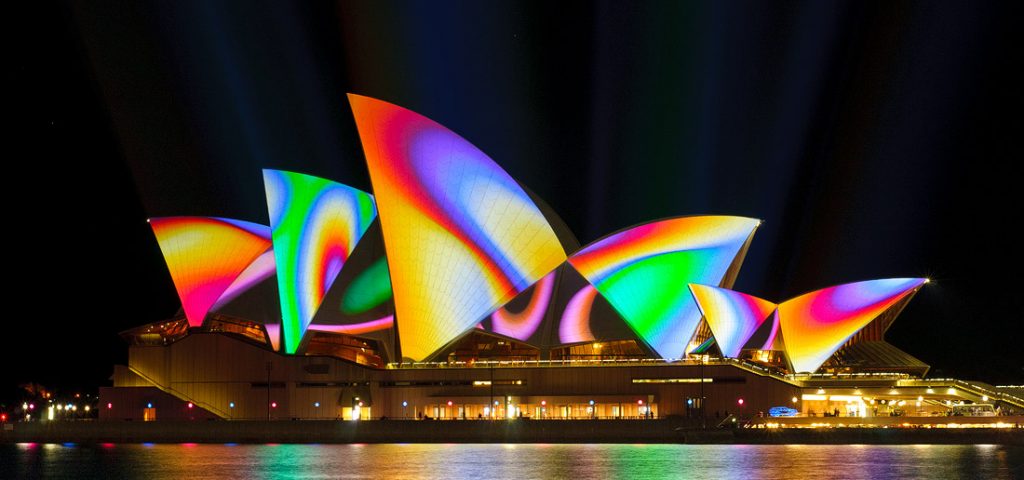Report by Dr Catheryn Khoo-Lattimore
As with its past Global Insights conferences, PATA held the 2017 event once again at the Sky City Grand Hotel in Auckland, New Zealand and brought together tourism academics, industry practitioners and future tourism leaders. The main focus of the conference is on the need for both private and public sector tourism businesses to prepare for an already disruptive and innovative tourism climate. As such, attendees are quickly caught up with buzz words such as Singularity University, exponential technologies, data sharing, virtual tourism, machine intelligence, the future of jobs, and being future ready. These were necessary considerations, given the forecasted statistics of exponential growth in tourism. For example, we will apparently need 41,030 new airplanes in about 20 years with emerging markets from India and China, and Boeing cannot build them fast enough! With the advancement of artificial intelligence, a disturbing thought concerns the possibility for anyone to becoming a genetic engineer so long as he or she can type. This inadvertently implies that hospitality and tourism jobs can be taken over by robots.
One suggestion to prepare for the future of disruptions was to keep an innate focus on the core markets, one that is easier said than done. Another recommendation was to think about how virtual reality can enhance or even create unique experiences, something we are already doing at the Griffith Institute for Tourism (GIFT). Other ideas include embracing exponential technologies to better engage customers, empower employees, transform operations and transform services. Sandra Chipchase, CEO of Destination New South Wales, Australia shows how human passion and emotions are still important elements for the delivery of experiences through her account of the success that underlies Vivid Sydney, a 23-day festival of light, music and ideas. Despite this, there was a heavy emphasis on statistics. For examples, Jameson Wong delivered analyses from their data warehouse, while Sarah Mathews demonstrated through statistics available to Tripadvisor, how peer- review platforms change the way travellers make choices, and post-decision choices. She contested that up to 40% of travellers recall booking a different destination from the one they had intended because of the influence of social media. Given this phenomenon, Maggie Wu provided suggestions for how destination managers can better engage Chinese independent travellers through the key influencers on Chinese social media.
The message that technology is changing travel and tourism is loud, but predominantly demonstrated through quantitative statistics rather than in-depth qualitative insights. The latter, after all, is pertinent for the exploration and emergence of new and creative knowledges.

